Collaboration between AbbVie, Biogen and Pfizer creates world’s largest browsable resource linking rare protein-coding genetic variants to human health and disease
The Pharma Data
JULY 15, 2021
The access to the world’s largest browsable resource linking rare protein-coding genetic variants to human health and disease was launched through a genetic exome sequence analysis collaboration between AbbVie (NYSE: ABBV), Biogen Inc. About the UK Biobank. Nasdaq: BIIB) and Pfizer (NYSE: PFE).

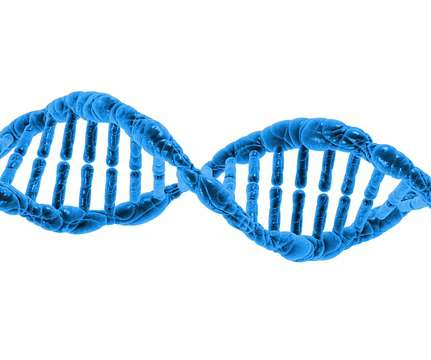

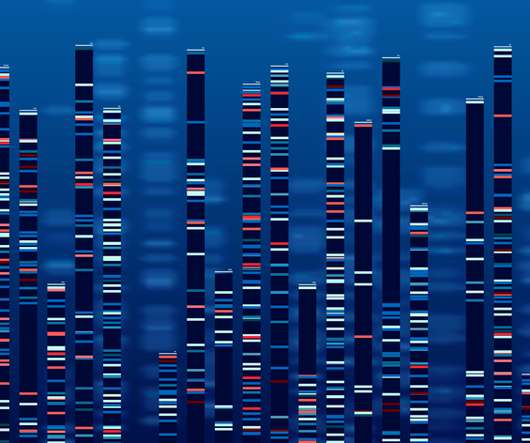

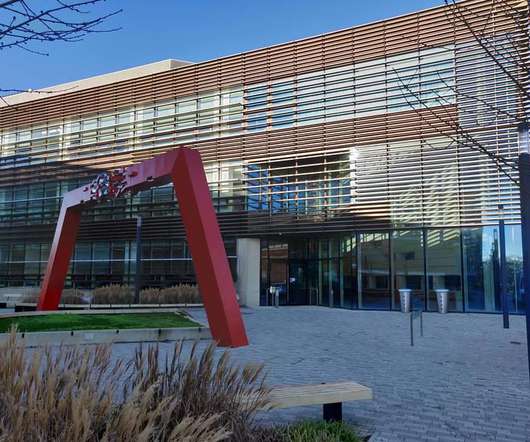
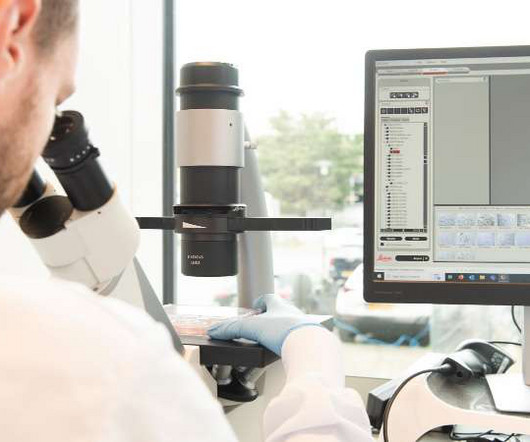
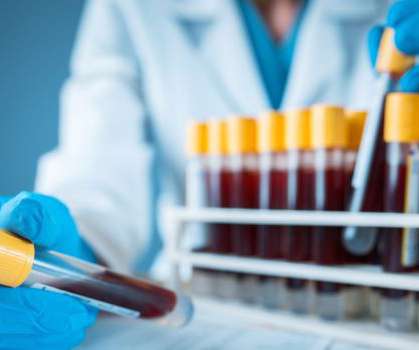







Let's personalize your content